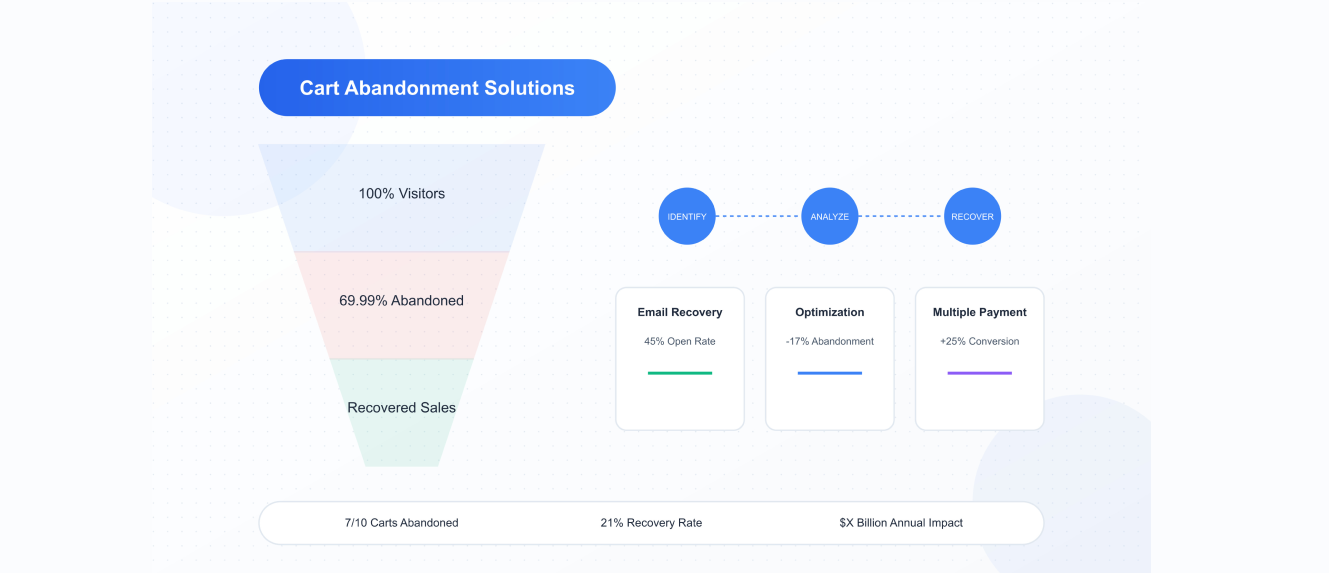The Ultimate Guide to Sales Agents for E-Commerce: Boosting Conversions and Driving Growth

In the fast-paced world of e-commerce, standing out requires more than just a sleek website and competitive pricing. Enter sales agents—the game-changers bridging the gap between customer needs and business goals. Whether human experts or AI-powered tools, sales agents enhance shopping experiences, drive conversions, and foster loyalty. This guide explores how leveraging sales agents can transform your e-commerce strategy.
What Is a Sales Agent in E-Commerce?
A sales agent assists customers throughout their buying journey, offering personalized support and recommendations. In e-commerce, this role can be filled by:
- Human Agents: Live chat specialists or customer service reps providing real-time assistance.
- Automated Tools: AI chatbots, virtual assistants, or recommendation engines that simulate human interaction.
The Role of Sales Agents in E-Commerce
Sales agents act as digital concierges, performing tasks like:
- Guiding shoppers through product selections.
- Answering FAQs about shipping, returns, or sizing.
- Upselling/cross-selling based on user behavior.
- Resolving issues to reduce cart abandonment.
5 Benefits of Integrating Sales Agents
Higher Conversion Rates
Personalized interactions address hesitations, nudging customers toward purchase. Example: A chatbot offering a discount code can turn a browsing visitor into a buyer.
Tailored Shopping Experiences
AI tools analyze browsing history to suggest relevant products, mimicking in-store assistance.
Reduced Cart Abandonment
Proactive agents can intervene when users linger on checkout pages, offering assistance or incentives.
Enhanced Customer Loyalty
Consistent, empathetic support builds trust, encouraging repeat purchases.
Scalability
AI chatbots handle thousands of queries simultaneously, ensuring support during peak traffic.
How to Implement Sales Agents in Your E-Commerce Strategy
Choose the Right Type
- Opt for human agents for complex queries (e.g., luxury goods).
- Use AI chatbots (e.g., Cognigy, Rep AI, Certainly.io, Maisieai) for best experience
Integrate with CRM Tools
Sync agents with platforms like Salesforce, HubSpot, or Bloomreach to unify customer data.
Train and Optimize
Regularly update chatbots with new product info and FAQs. Train human teams on empathy and problem-solving.
Monitor Performance
Track metrics like response time, conversion lift, and customer satisfaction to refine strategies.
Best Practices for Maximizing Impact
- Prioritize Personalization: Use customer names and purchase history to tailor interactions.
- Offer Omnichannel Support: Meet customers on chat, email, social media, and SMS.
- Be Proactive: Use push notifications or chatbots to initiate contact during key shopping moments.
- Collect Feedback: Continuously improve by asking customers about their experience.
Measuring ROI and Success
Track and analyze key performance indicators:
Financial Metrics
- Revenue generated by sales agents
- Average order value
- Conversion rate improvements
- Cost per conversion
Customer Experience Metrics
- Customer satisfaction scores
- Net Promoter Score (NPS)
- First contact resolution rate
- Customer retention rate
Conclusion
Sales agents are no longer optional—they're essential for e-commerce success. By blending human touch with AI efficiency, businesses can deliver seamless, personalized experiences that convert and retain customers.
Ready to revolutionize your e-commerce strategy? Start by auditing your current customer support system and explore sales agent solutions tailored to your needs. For more insights, subscribe to our newsletter or contact our team today!


